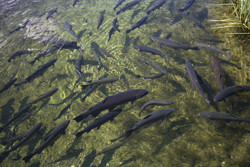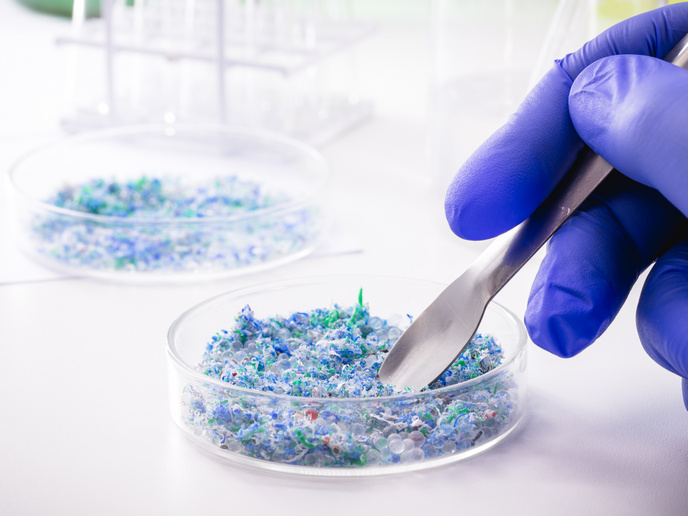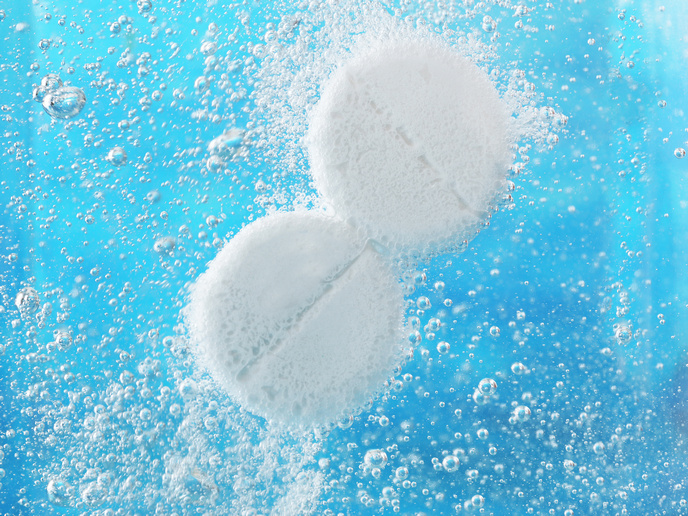The ultimate biofilter for the fish farm
Toxic build-up of ammonia and nitrite from the breakdown of faeces and excess food in fish farms can be hazardous to fish. The biological way to remedy nitrogen-based toxic build-up is to use nitrifying bacteria that ultimately convert the ammonia into harmless by-products such as nitrogen gas. The bacteria are housed in biofilters composed of material such as plastic sheets or sand grains. Unfavourable growth periods for the bacteria result in a decrease in population and inability to purify the water. As it may take weeks or months to recolonise a biofilter, the EU-funded ADAPOND project has developed an Intelligent Biofilter Control (IBC) system. System reliability was enhanced with reduction in the biofilter recovery time after failure. The IBC has three critical components. There is a real-time monitoring system to detect the viability and metabolic activity of the bacteria in the culture. An automatic collection system extracts excess bacteria during their optimal growth period. These are then cultivated to be ready for use in the event of a biofilter failure. The ADAPOND system has many advantages over currently used systems. Most available commercial enrichment cultures are in liquid, dried or freeze dried form and therefore easily washed out from the system. ADAPOND nitrifying bacteria are attached to the biofilter carrier material and are therefore ready for immediate action. Another feature is that the bacteria are cultured and stored in the actual farm and are therefore adapted to thrive in that specific environment. Research has shown that the reaction rate in a biofilter is influenced by the history of the inhabitants – locals are adapted to the conditions! New biofilter starters can cause a 30–80 % loss in sales during the adaptation period of the biofilter. Altogether, filter changes accompanied by failure losses from fish medication and seasonal depressions cost the industry more than EUR 70–90 million annually in Europe. An added advantage of not transferring bacteria from another site is that there is no risk of importing diseases from other farms.







